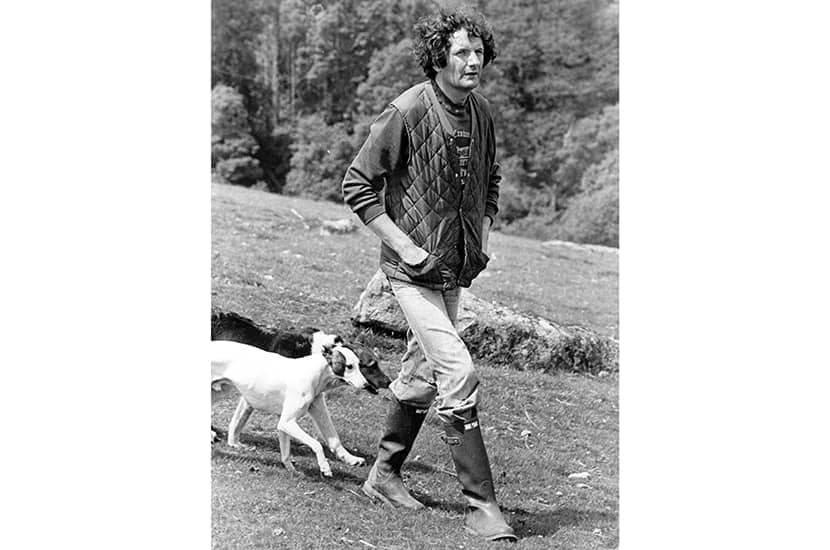I’m glad Norman Scott can say he has ‘always had the ability to laugh at the absurdity’ of his existence because, as detailed here in a long-awaited memoir, I too couldn’t stop shrieking, he is so tragic. When he came home unexpectedly as a youngster, for example, and witnessed his mother having sex in the lounge with a telephone engineer, he was so shocked he dropped his tortoise. ‘The terrible guilt over my tortoise stayed with me,’ he writes – maybe until just the other day. Scott is now 82.
He’ll always be remembered of course for the Jeremy Thorpe trial, when the judge, Mr Justice Cantley, called him a fraud, a sponger, a whiner and a parasite; and Scott’s haplessness is truly in a class of its own. I know he was played on television tenderly and sensitively by Ben Whishaw, but the personality in An Accidental Icon is more Jim Dale when, in one of the Carry Ons, he zoomed about tethered to a floor-polisher or clattered down steps on an iron bed frame. I lost count of the times Scott wakes up ‘strapped to an iron bed’, whether in psychiatric wards or when romantic assignations go awry: ‘I couldn’t move. My wrists and ankles were tied.’
A commingling of horror and farce is never distant. An unhappy childhood sets it all in motion: desertion, insecurity, violence. Scott had a stepfather who ‘got hold of Mummy by her hair and threw her down the stairs’. The nuns at his convent school were bullies. Friends were few. He had a stammer and curvature of the spine. He wet the bed; and any adult he met fiddled with his flies. ‘The sense of something unkind and unpleasant about to happen was always present.’
Thorpe’s acquittal of conspiracy to murder was the greatest miscarriage of justice of modern times
His mother was no support.







Comments
Join the debate for just £1 a month
Be part of the conversation with other Spectator readers by getting your first three months for £3.
UNLOCK ACCESS Just £1 a monthAlready a subscriber? Log in